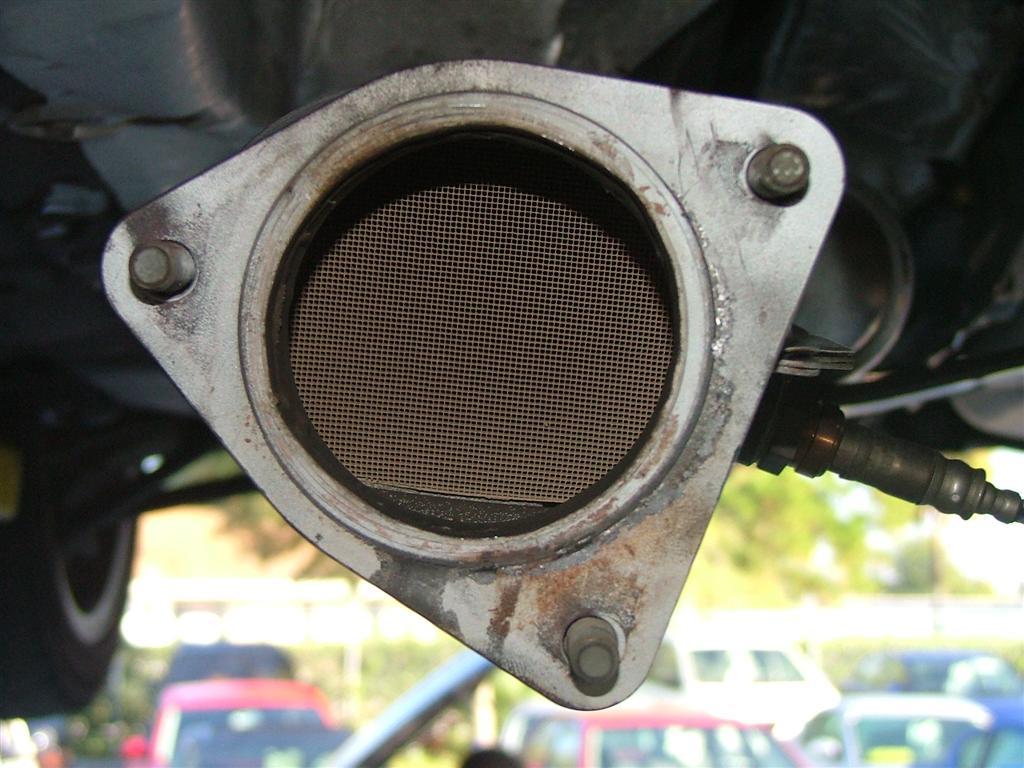
My Car Smells Like Rotten Eggs When I Accelerate: A Comprehensive Guide
Imagine this: you’re driving along, enjoying a beautiful day, when suddenly—BAM! A pungent odor fills the air, sending you gagging for the nearest window. What on earth is that awful smell? If you’re wondering, “why does my car smell like rotten eggs when I accelerate,” you’re not alone. This is a surprisingly common problem, and it can be caused by a number of different issues.
In this article, we’ll dive deep into the world of rotten egg smells and cars. We’ll explore the causes of this unpleasant odor, as well as what you can do to fix it. So, buckle up and let’s get started!
Decoding the Rotten Egg Smell
The rotten egg smell in your car is most likely caused by hydrogen sulfide gas, which has a distinctive sulfurous odor. This gas is produced when bacteria break down organic matter in the presence of oxygen. In the case of your car, the source of the bacteria is most likely the catalytic converter.
The catalytic converter is a device that helps reduce harmful emissions from your car’s exhaust system. It does this by converting pollutants into less harmful substances, such as carbon dioxide and water vapor. However, when the catalytic converter is damaged or not working properly, it can produce hydrogen sulfide gas as a byproduct.
Causes of a Damaged Catalytic Converter
There are a number of things that can cause a catalytic converter to become damaged, including:
- Engine problems: If your car’s engine is not running properly, it can cause the catalytic converter to overheat, which can damage the catalyst material inside
- Damaged oxygen sensors: Oxygen sensors play a vital role in regulating the air-fuel mixture in your car’s engine. If an oxygen sensor fails, it can cause the engine to run too rich or too lean, which can damage the catalytic converter
- Leaded gasoline: Leaded gasoline can damage the catalytic converter’s catalyst material, reducing its efficiency
- Physical damage: The catalytic converter can be damaged if it is hit by a rock or other object
Additional Causes of Rotten Egg Smell
While a damaged catalytic converter is the most common cause of a rotten egg smell in your car, there are other potential causes, including:
- Faulty spark plugs: Spark plugs that are not firing properly can cause the engine to run rich, which can lead to the production of hydrogen sulfide gas
- Bad fuel injectors: Faulty fuel injectors can also cause the engine to run rich, leading to the production of hydrogen sulfide gas
- Exhaust leaks: Exhaust leaks can allow hydrogen sulfide gas to escape from the exhaust system into the passenger compartment
Fixing the Rotten Egg Smell
If you’re experiencing a rotten egg smell in your car, the first step is to identify the cause. Once you know the cause, you can take steps to fix it.
In most cases, the rotten egg smell can be fixed by replacing the catalytic converter. However, if the cause is due to another issue, such as faulty spark plugs or fuel injectors, you will need to replace those parts as well.
Tips for Preventing the Rotten Egg Smell
There are a few things you can do to help prevent the rotten egg smell from coming back, including:
- Get regular tune-ups: Regular tune-ups can help keep your car’s engine running properly, which will reduce the risk of damaging the catalytic converter
- Use unleaded gasoline: Leaded gasoline can damage your car’s catalytic converter, so be sure to use unleaded gasoline
- Avoid driving on rough roads: Rough roads can damage your car’s catalytic converter, so try to avoid driving on them if possible
FAQ
Here are some frequently asked questions about the rotten egg smell in cars:
- Q: Why does my car smell like rotten eggs when I accelerate?
- Q: How can I fix the rotten egg smell in my car?
- Q: Can I drive my car with a rotten egg smell?
A: The rotten egg smell is most likely caused by hydrogen sulfide gas, which is produced when bacteria break down organic matter in the presence of oxygen. The source of the bacteria is most likely the catalytic converter.
A: The best way to fix the rotten egg smell is to replace the catalytic converter. However, if the cause is due to another issue, such as faulty spark plugs or fuel injectors, you will need to replace those parts as well.
A: It is not advisable to drive your car with a rotten egg smell, as it could be a sign of a serious problem. If you experience a rotten egg smell in your car, you should have it inspected by a qualified mechanic as soon as possible.
Conclusion
If you’re experiencing a rotten egg smell in your car, don’t panic! It’s a common problem that can be fixed relatively easily. By following the tips in this article, you can get rid of the smell and get your car back to smelling fresh and clean.
So, what are you waiting for? Get your car checked out today and say goodbye to that nasty rotten egg smell!

Image: garberhonda.com

Image: carfromjapan.com
Hey, Why Does My Car Smell Like Rotten Eggs? | AutoTechIQ Jan 6, 2023Rubber burning smell. Although there are various reasons why you could smell burning inside a vehicle – the aroma of burning rubber is very distinctive. It is a sign that your brakes or tyres have an issue – and could indicate that the clutch is slipping or not working correctly. Allow the car to cool down and then check the tyre tread and